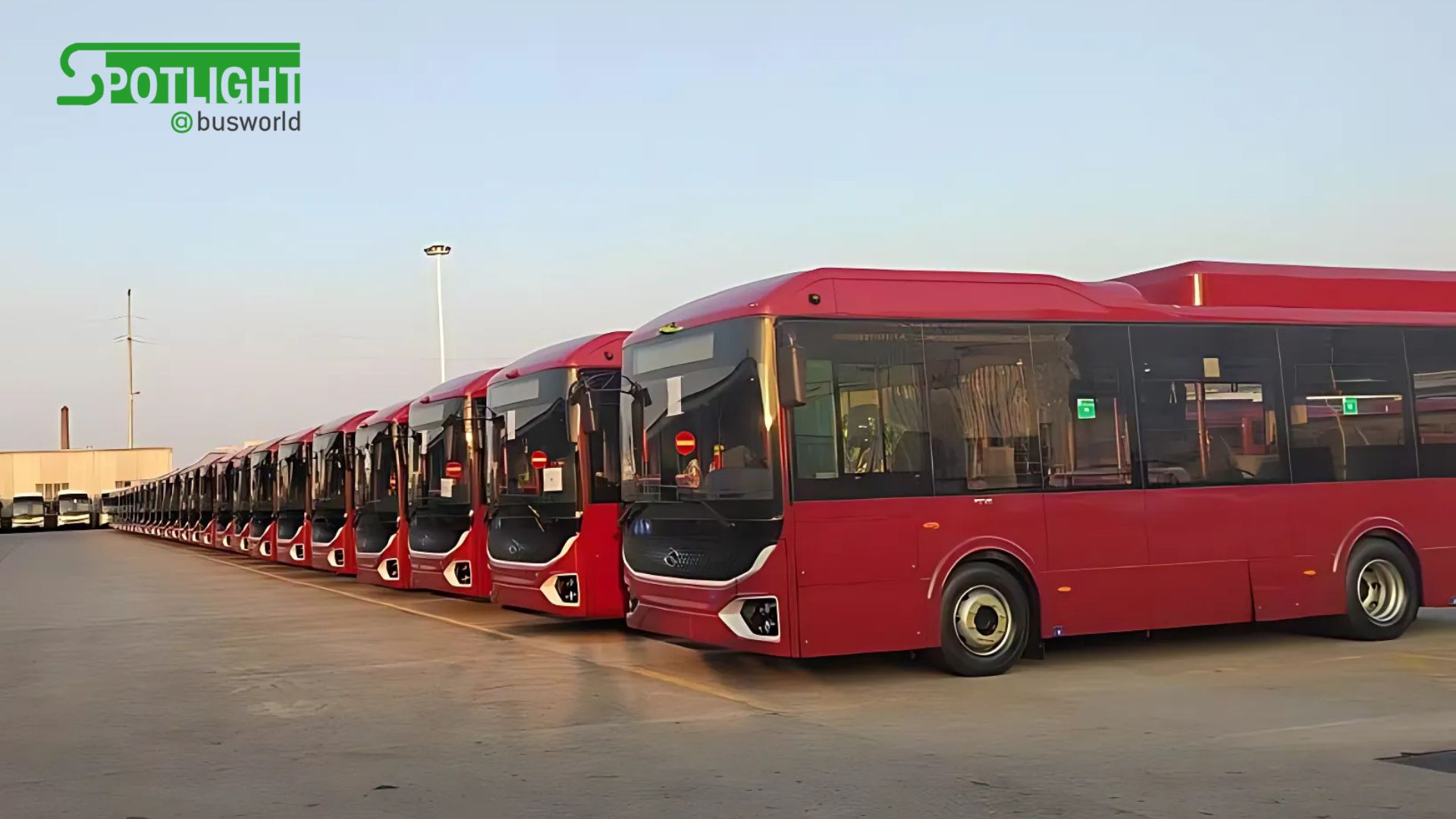
"FaaS is an operating model that enables public transport operators to adopt electric fleets and charging infrastructure without bearing the initial investment. In fact, E-GAP covers that entire investment, which is converted into a periodic, flexible and personalized fee. Such approach transforms the direct purchase of capital goods into a service contract, reducing balance sheet impact and improving cost predictability."
"The Fleet-as-a-Service model addresses the need to accelerate the energy transition of local public transpor t, which is currently hindered by specific constraints: the high cost of electric vehicles, limited access to credit, lack of expertise in designing and managing charging systems, and the complexity of integrating heterogeneous technological components. Electrifying public transport is now a priority for local authorities, driven by increasingly strict regulations (Clean Vehicles Directive, Fit for 55, AFIR),"
Fleet-as-a-Service (FaaS) provides a turnkey route to electrify local public transport by shifting capital expenditure into a periodic, flexible service fee covered by a provider such as E-GAP. The model reduces balance sheet impact, improves cost predictability, and converts vehicle and charging investments into managed service contracts. FaaS tackles barriers including high electric vehicle costs, limited credit access, lack of charging-system expertise, and complexity of integrating diverse technologies. Regulatory pressure from measures like the Clean Vehicles Directive, Fit for 55 and AFIR makes rapid electrification a priority, and FaaS enables short-term decarbonization pathways with measurable sustainability and bankability benefits.
Read at Sustainable Bus
Unable to calculate read time
Collection
[
|
...
]